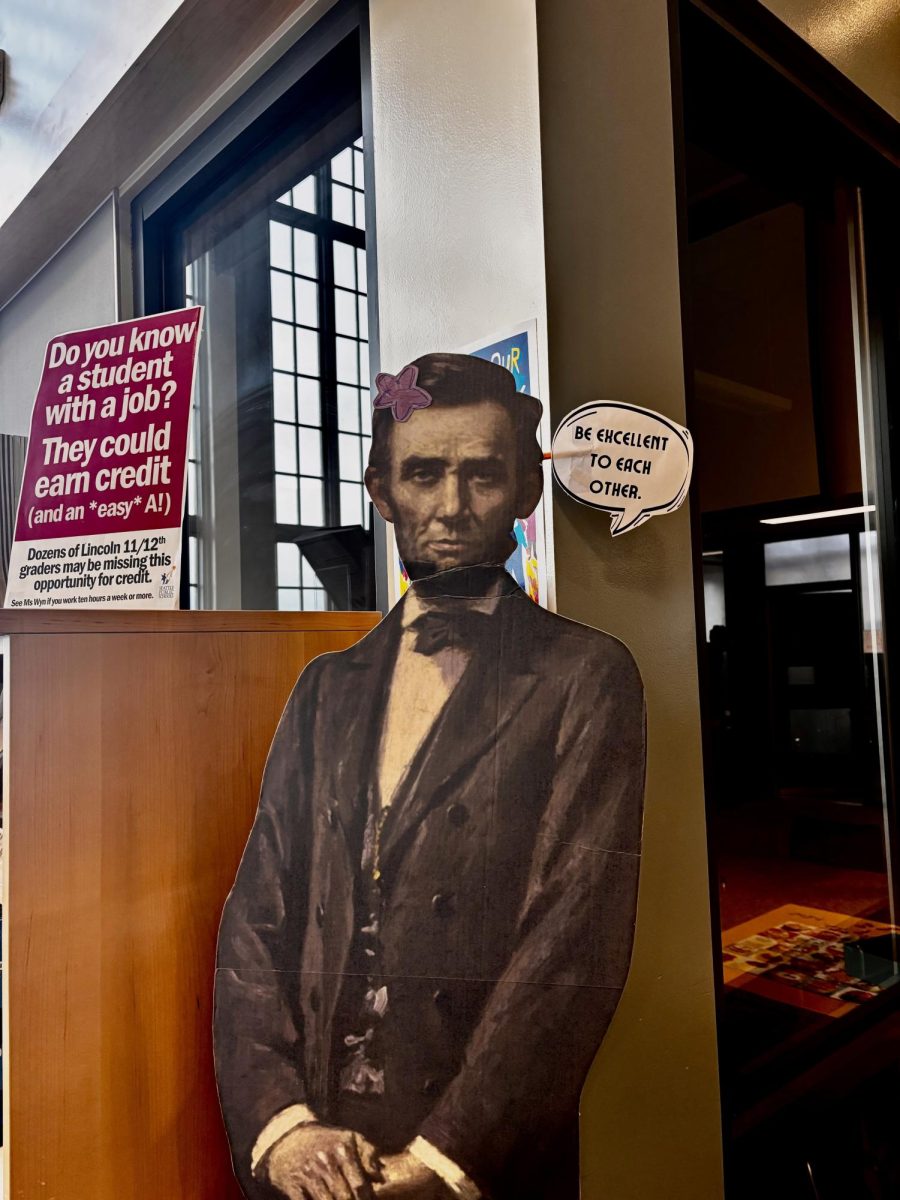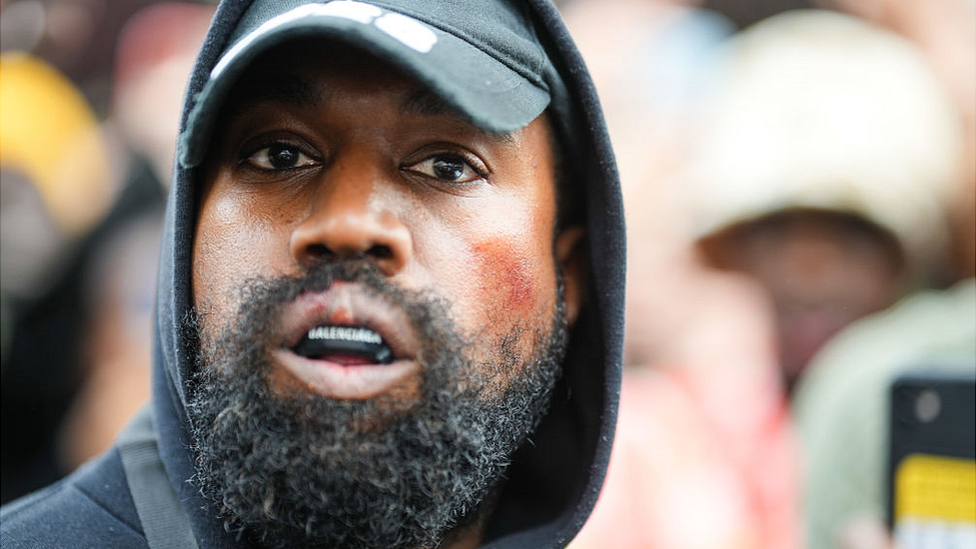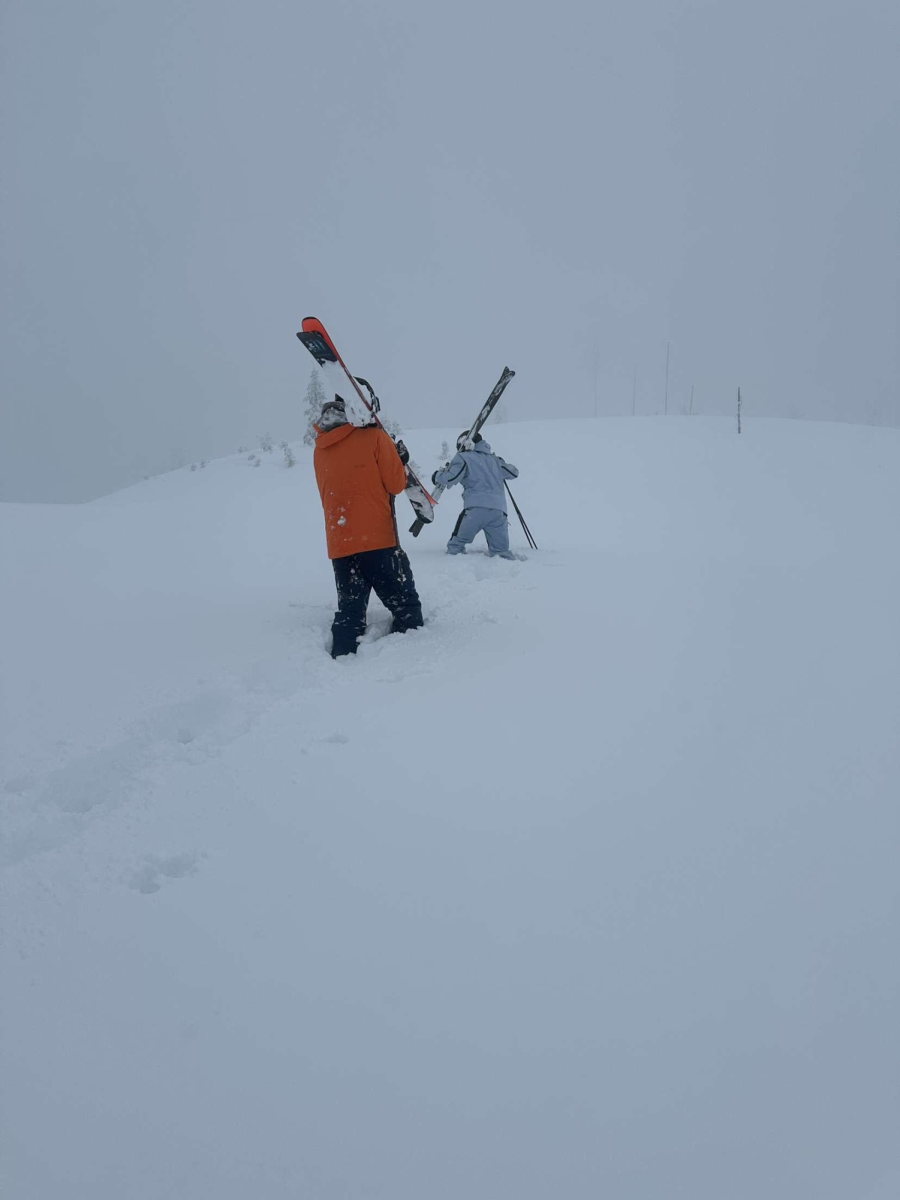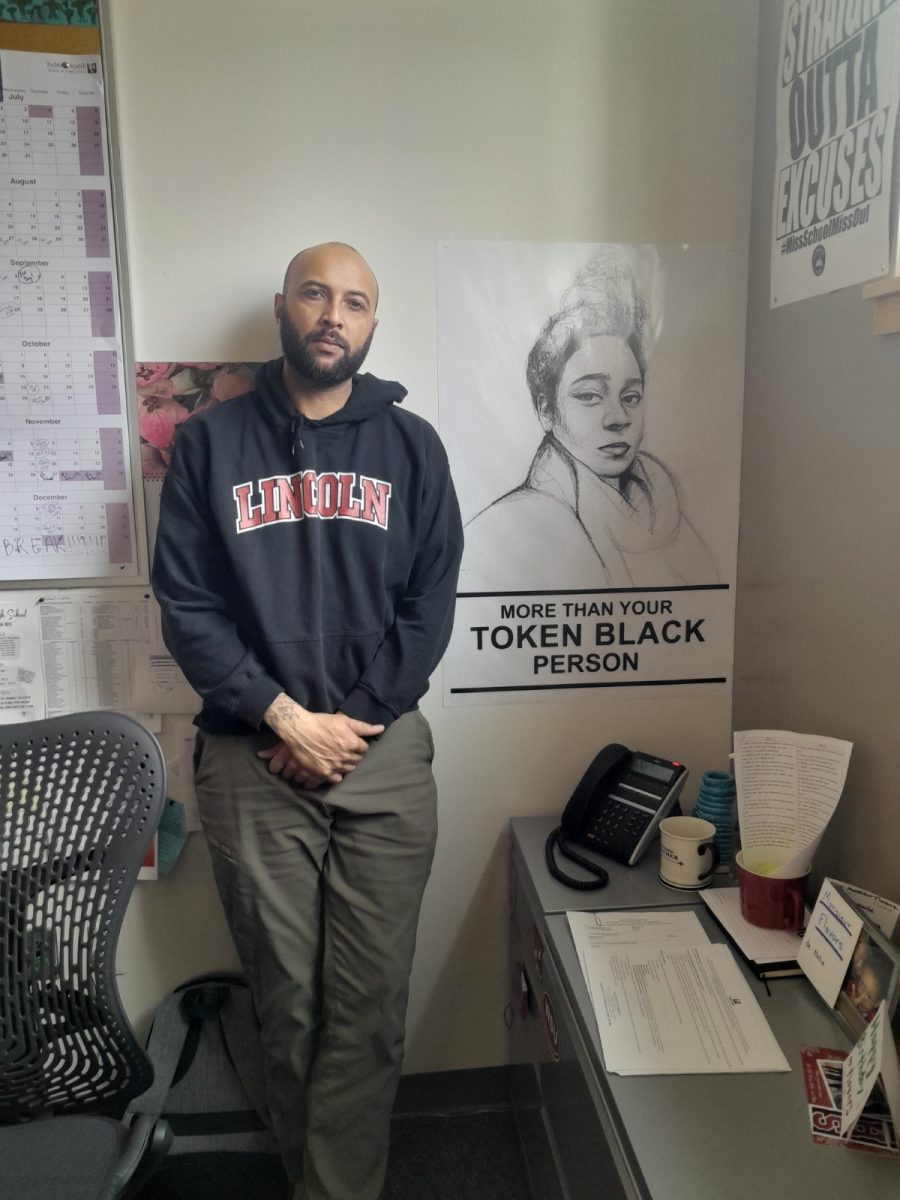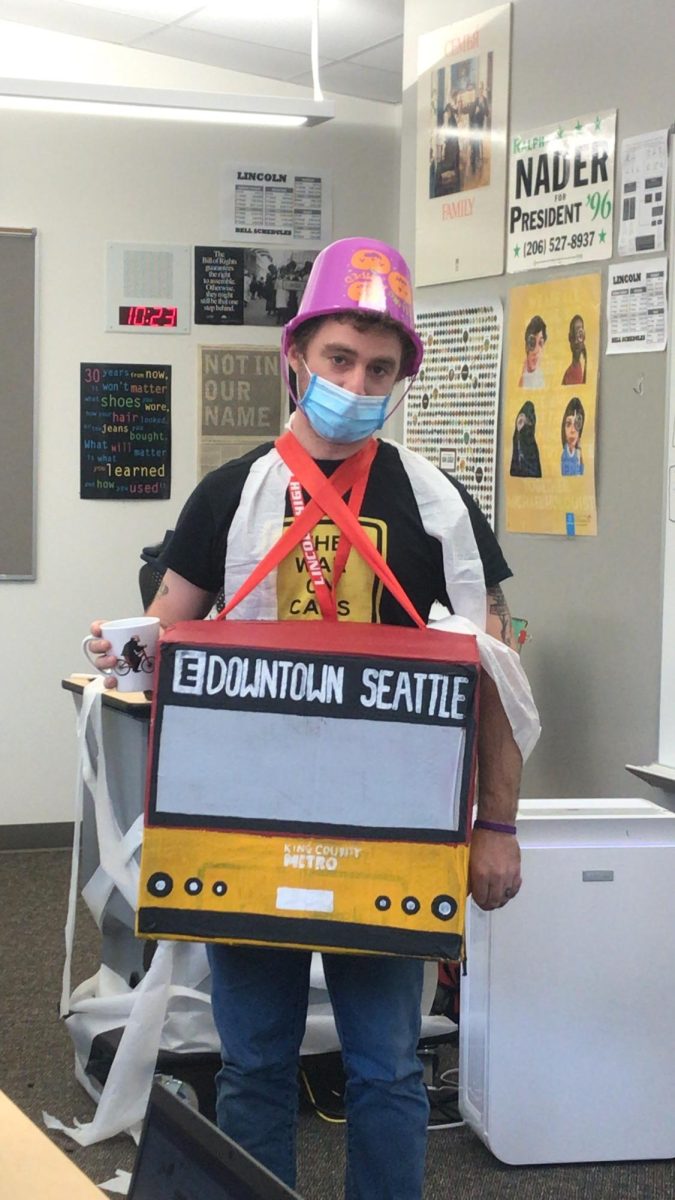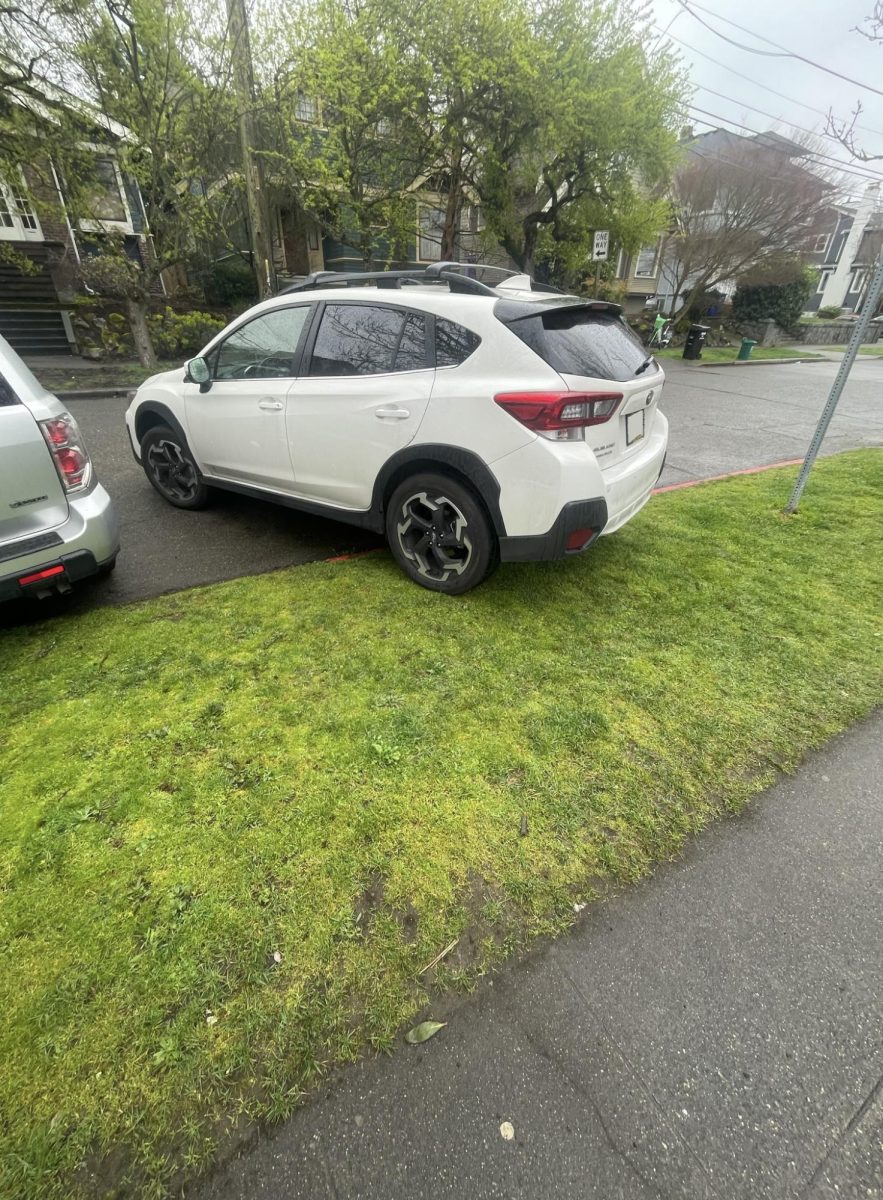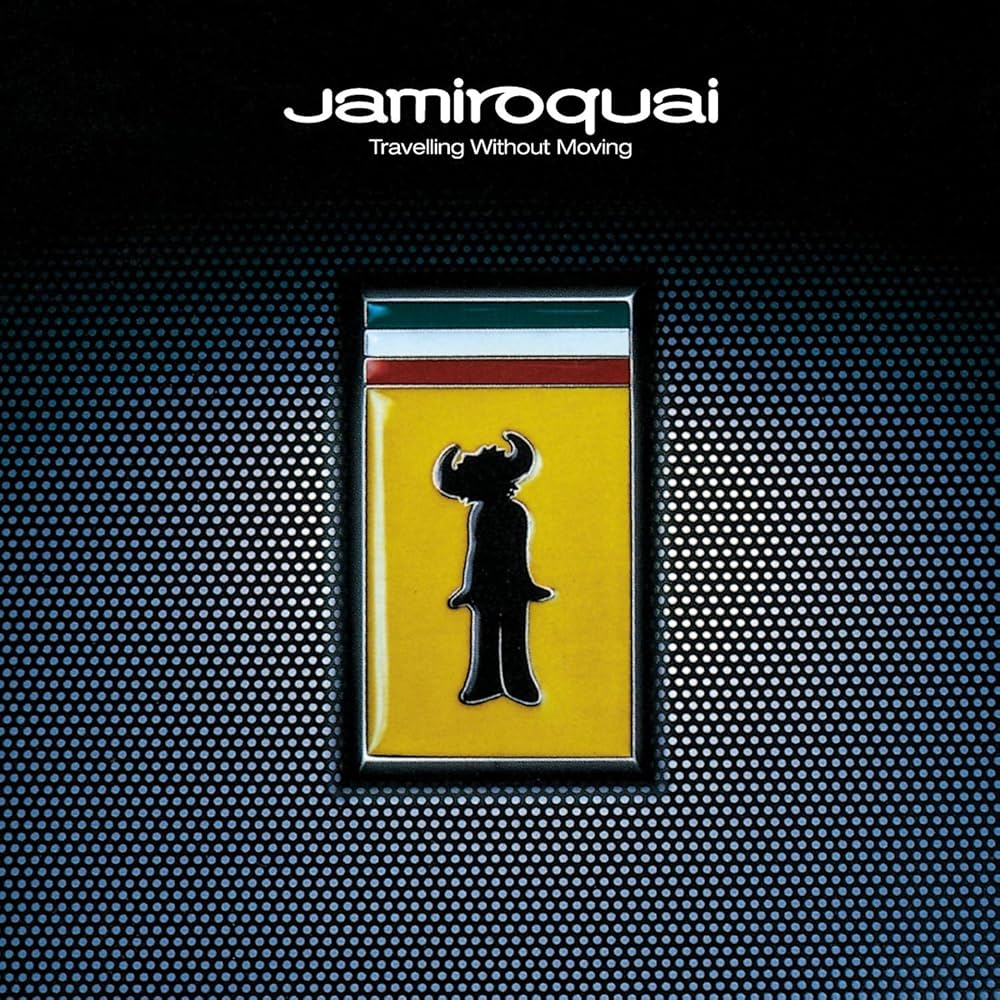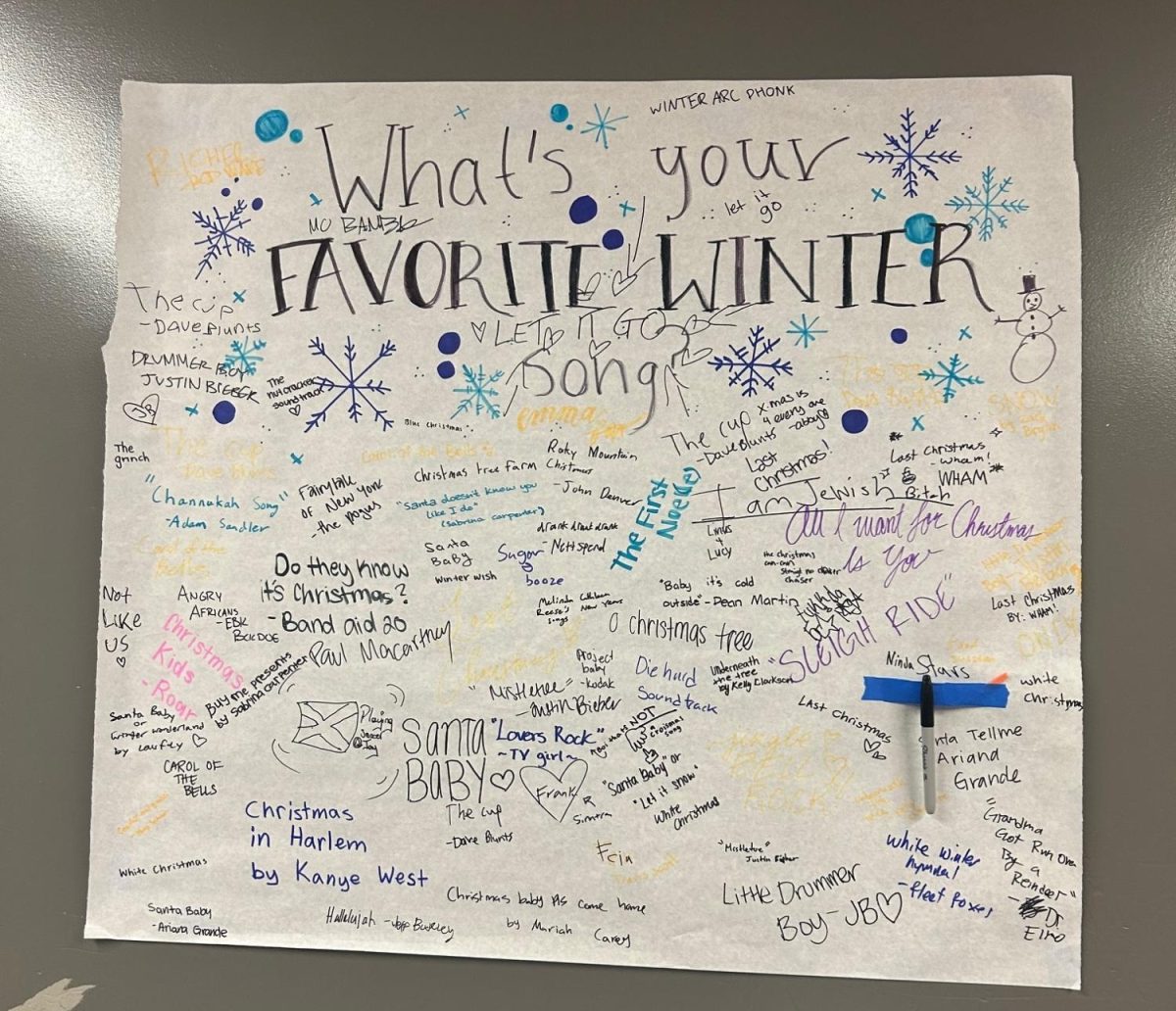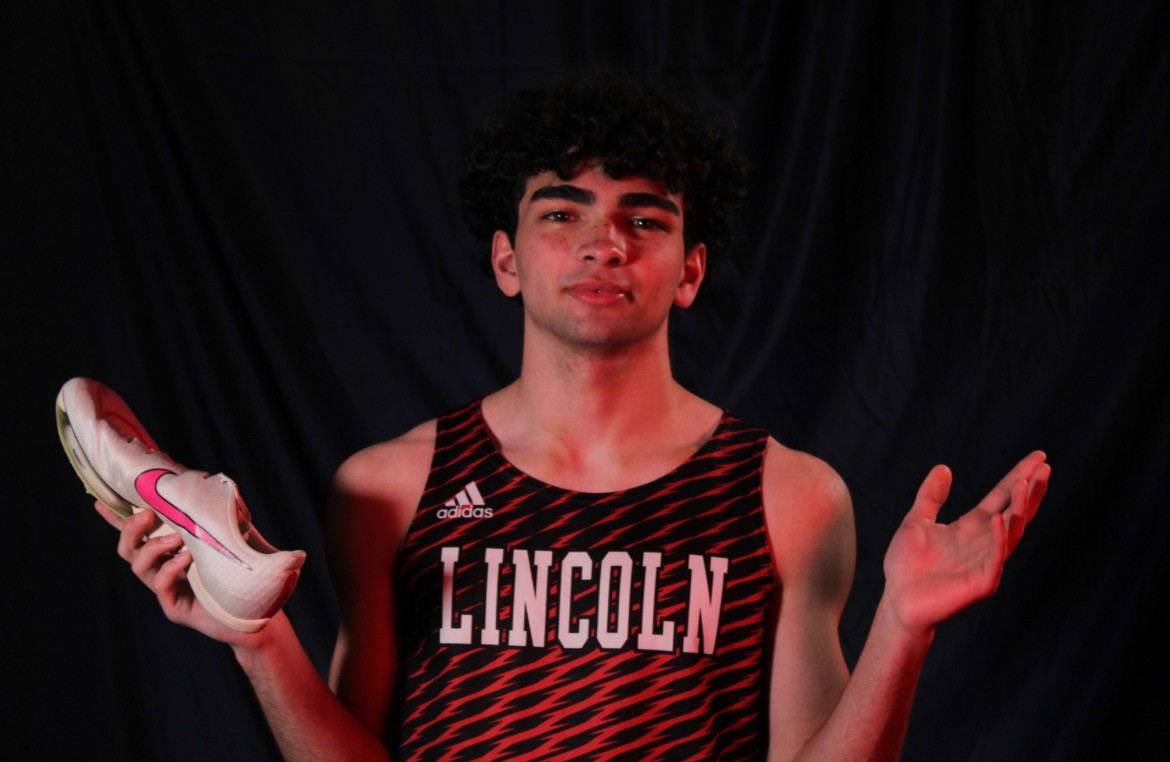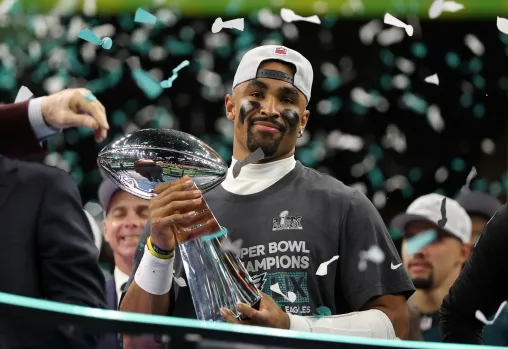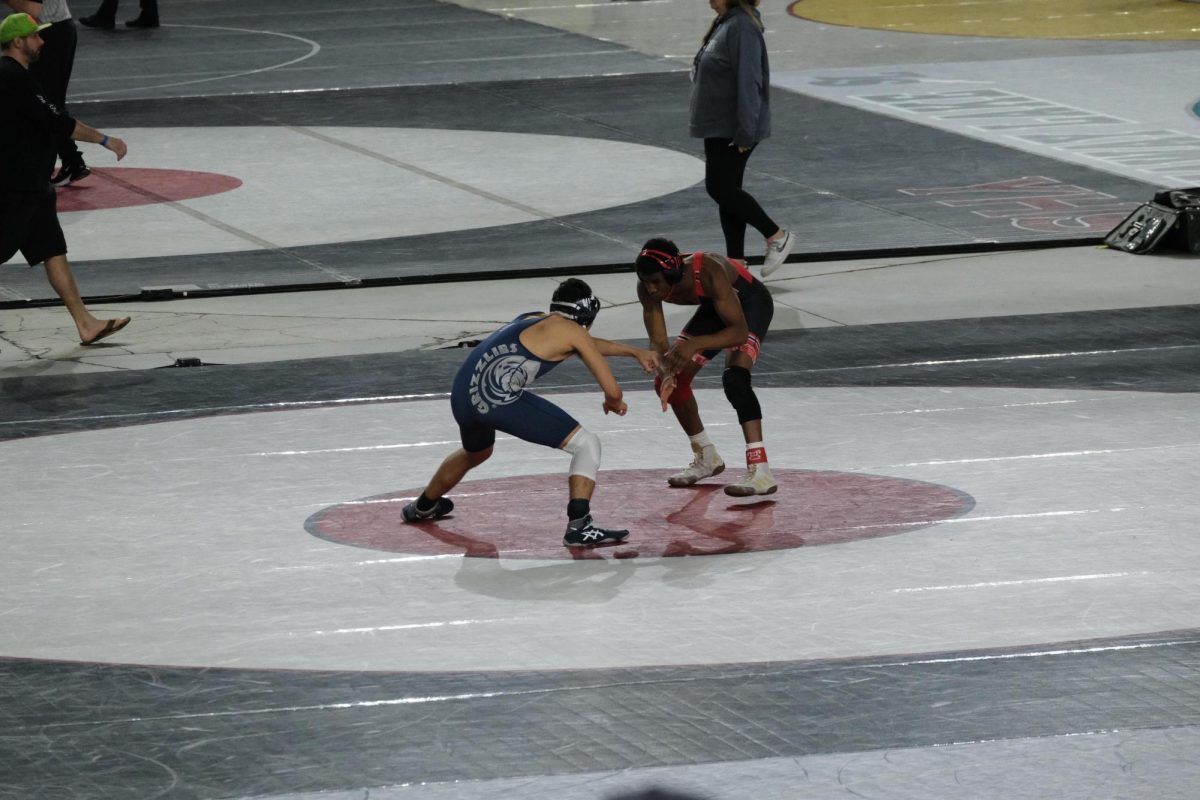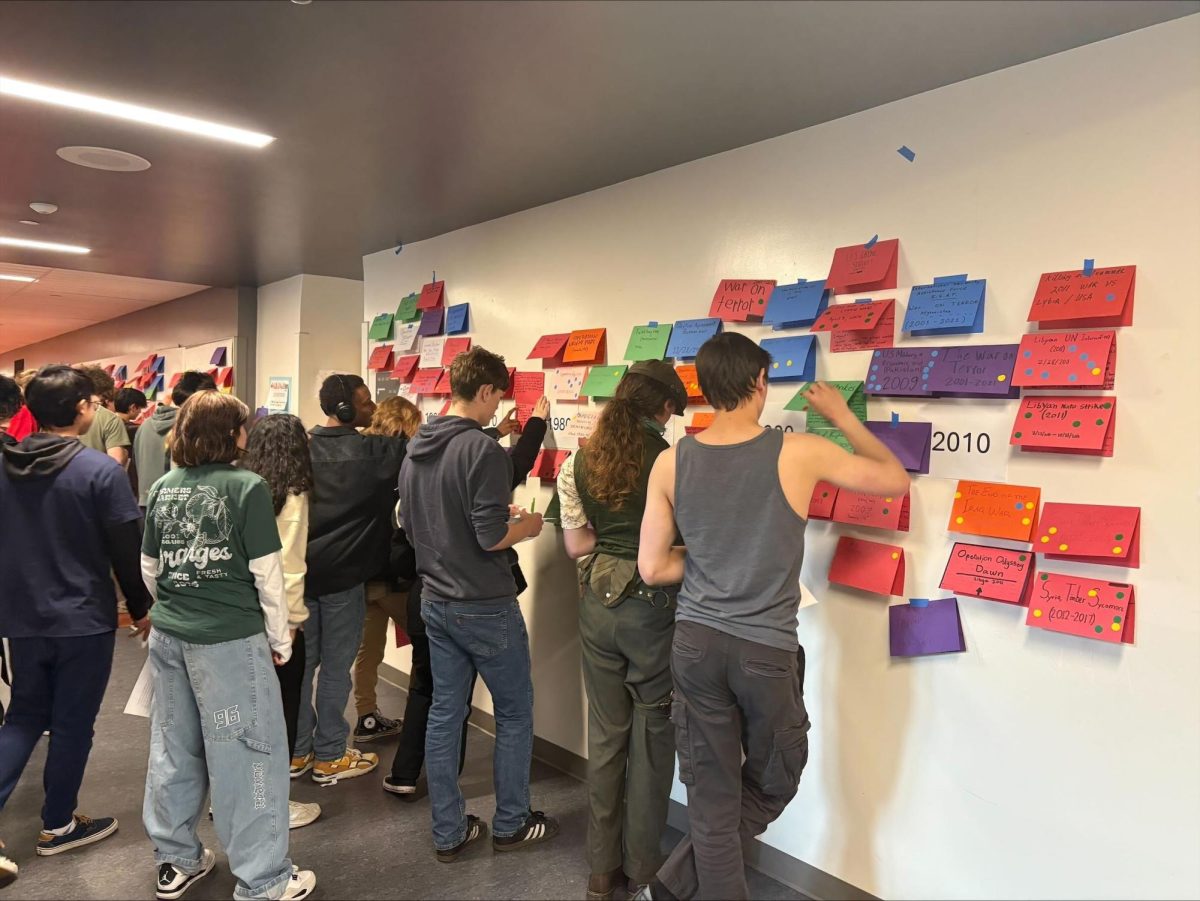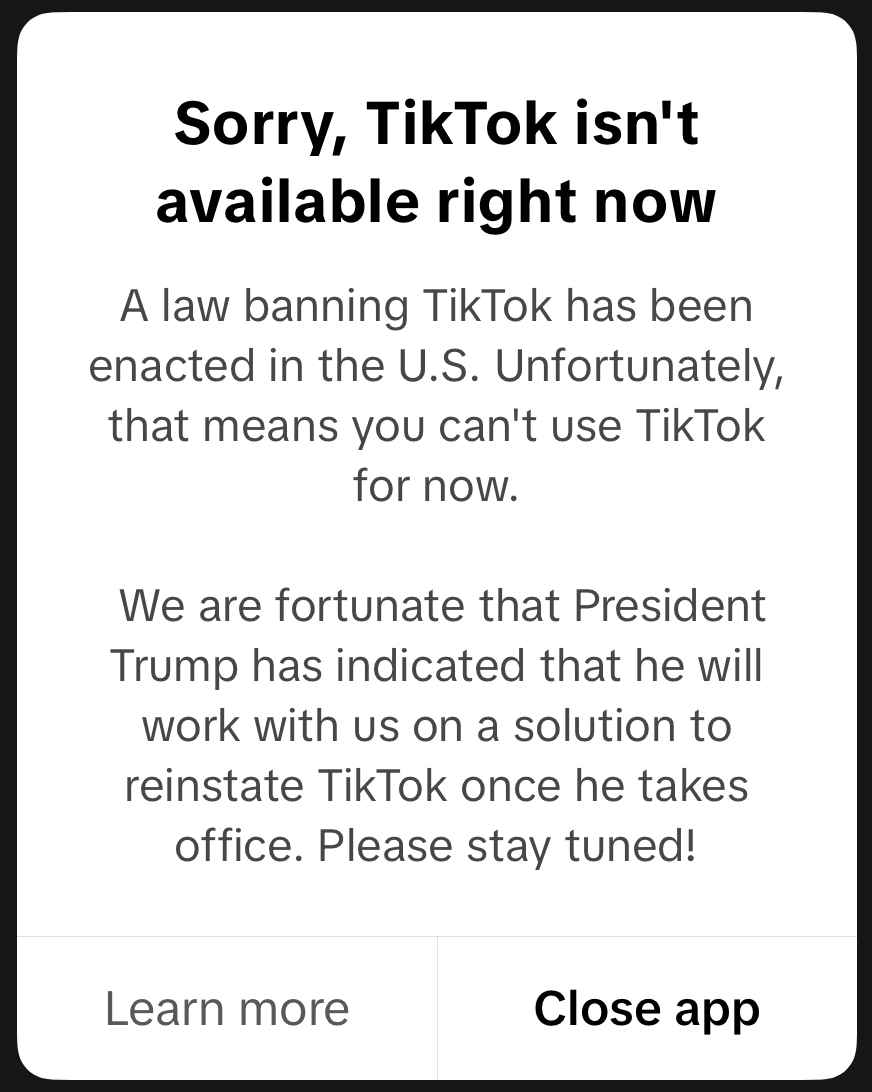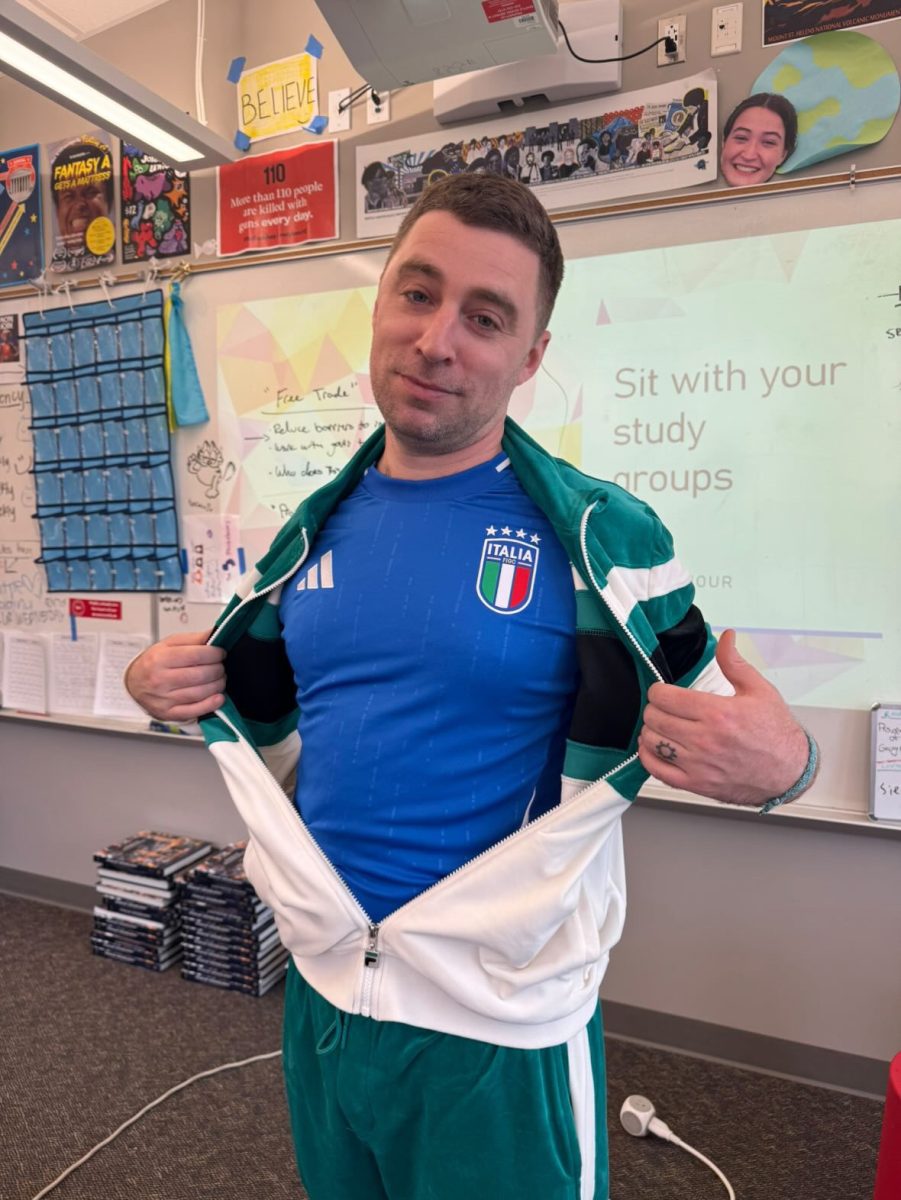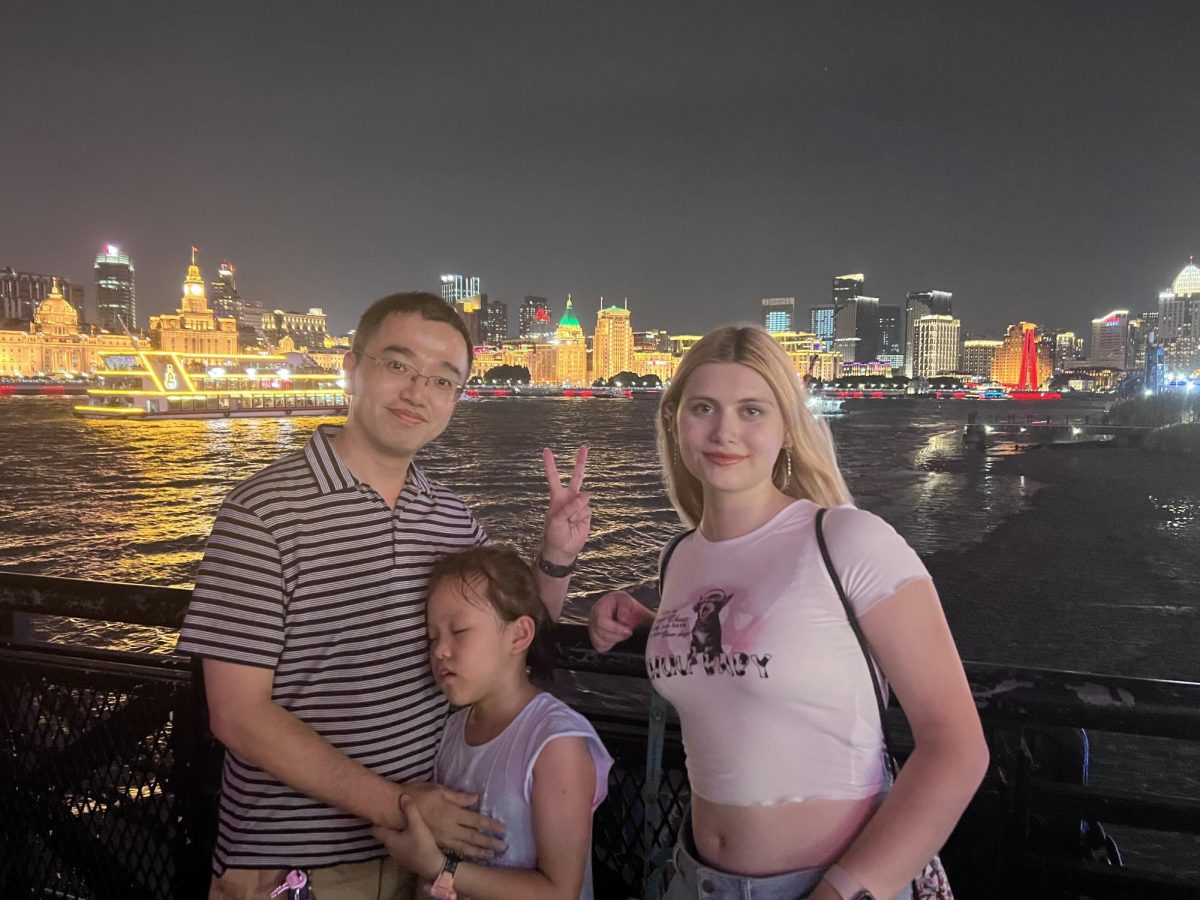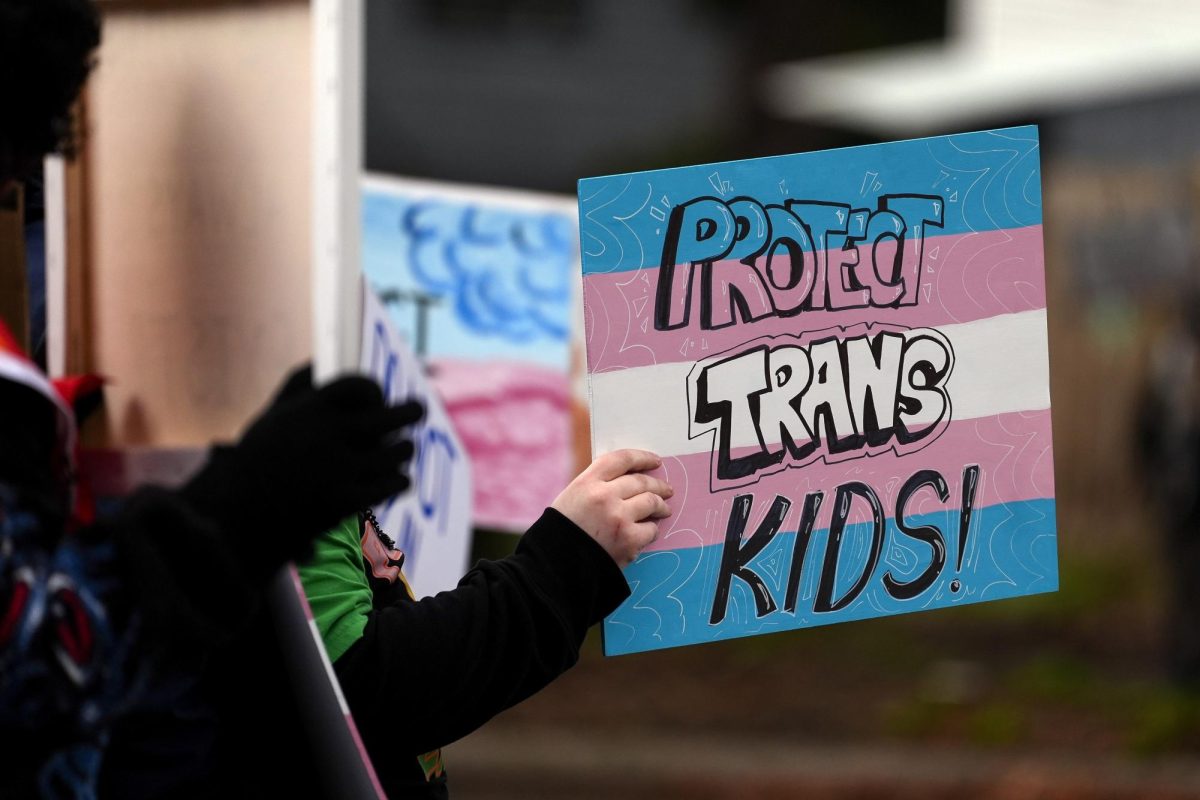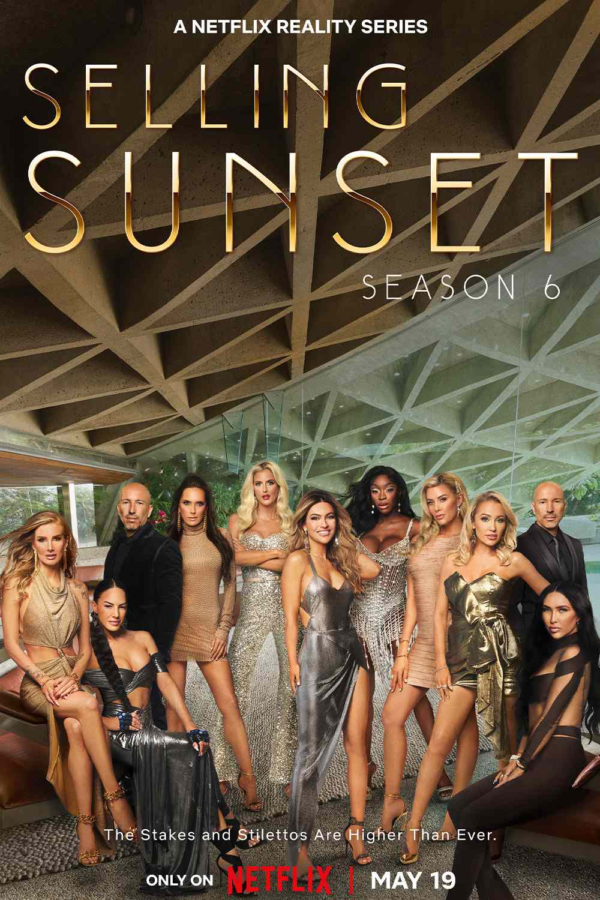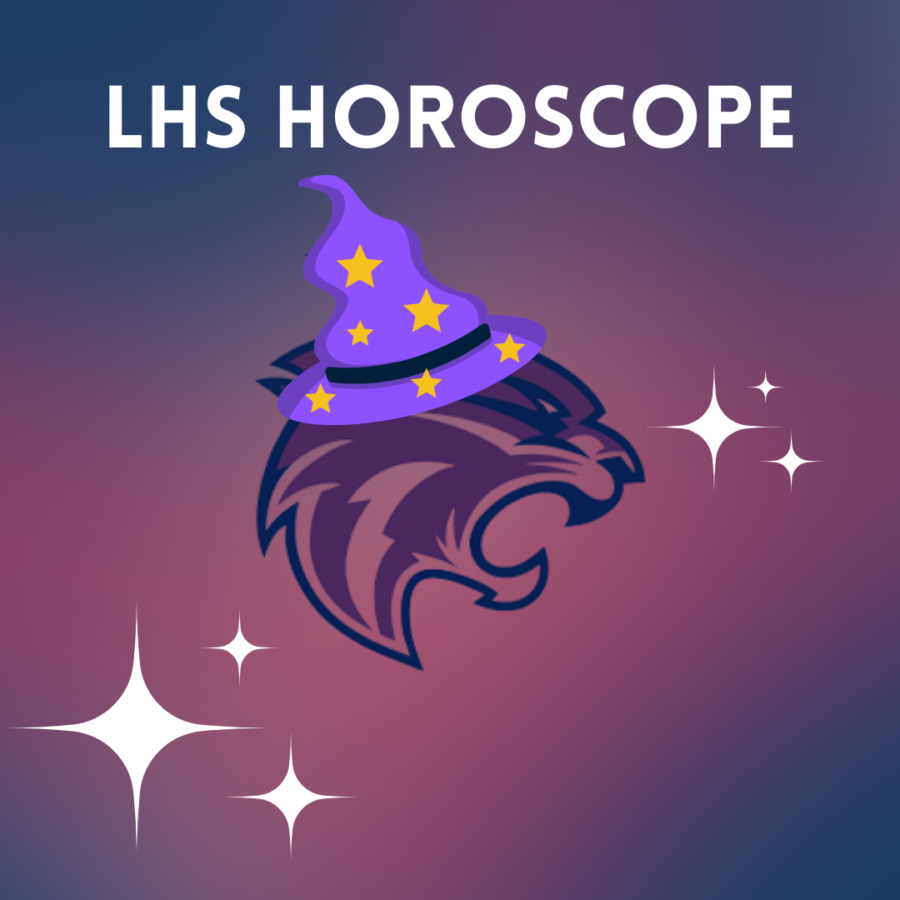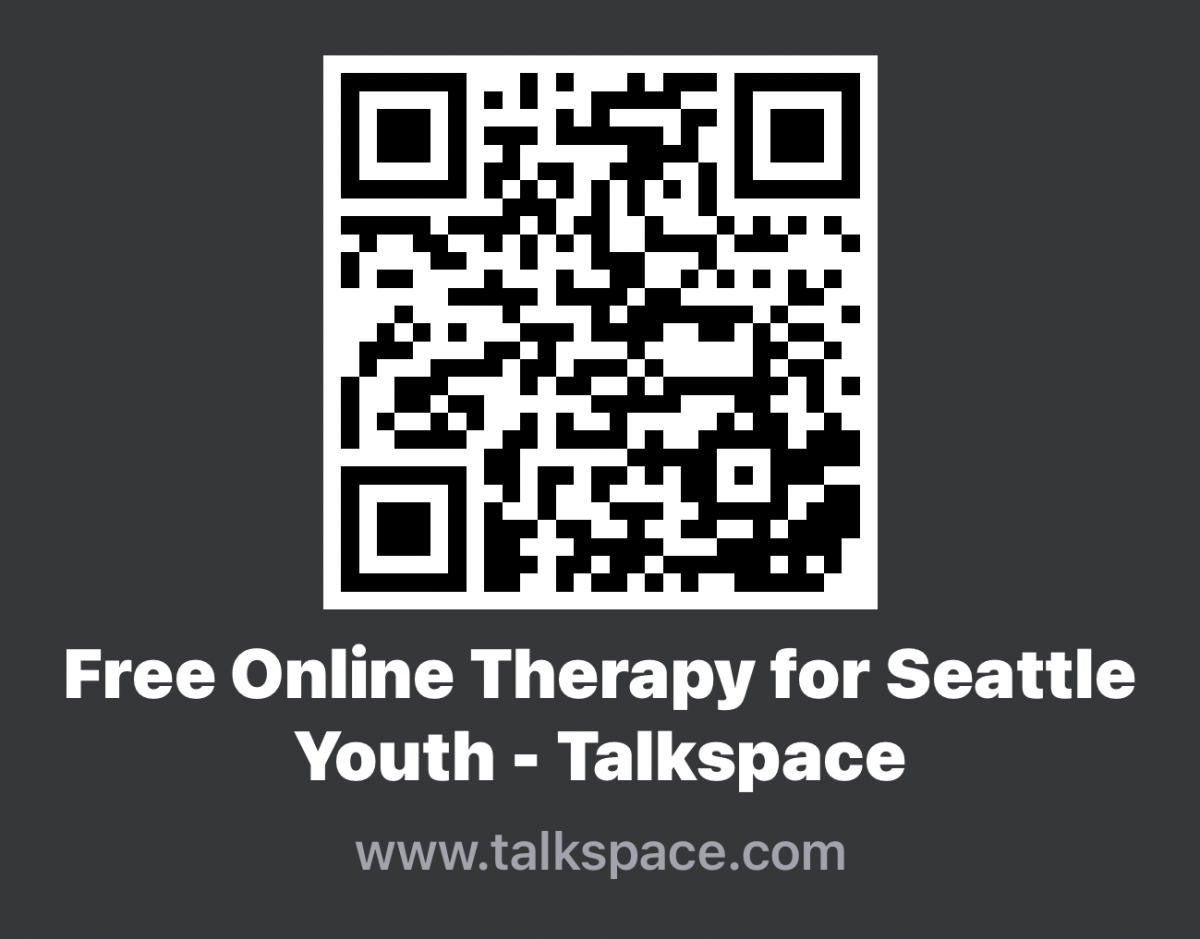In the last three years, the trend of book banning has been hot in the cultural and political landscape. The most recent wave has surrounded the current “culture war,” with books related to race, gender, and sexuality being especially targeted. To understand the trend, the Log sat down to talk to Lincoln’s very own Librarian Ms. Scott (she/her) to develop our understanding with one of Lincoln’s most beloved staff members.
What are book bans? And what is your experience with them?
“Book bans are something that, of course, have been around for a long time.
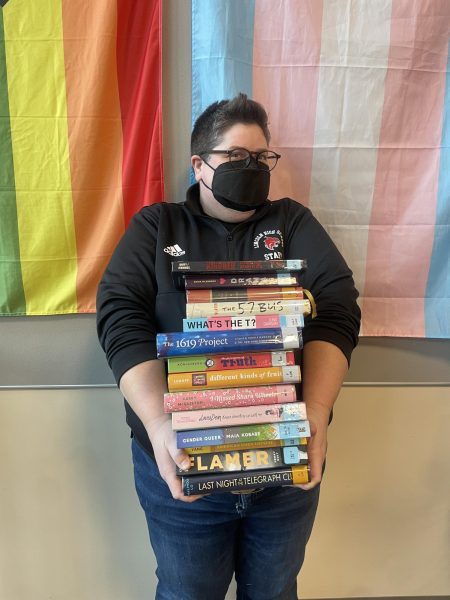
When I first started as a librarian in 2006, I was an elementary school librarian. Then I was a public librarian in Oakland and here in Seattle, and then I’ve been the librarian at Lincoln High School since 2019. [Book banning] is something that I’ve dealt with in other library settings in my past libraries.
They happen, in general, in lots and lots of places. But it was really interesting [when I started as a librarian] because they happened from folks across the political spectrum.”
Why do you think people are compelled to ban books?
“The main reason that people want to remove books from libraries is not because they are like, ‘I want to be a fascist!’ or ‘I want to keep these things out of people’s hands!’ or ‘I want to promote ignorance!.’
The main reason that people say, ‘I want to take these out of libraries and classrooms’ is because people think these books are harmful to kids.”
To bring home this point, Ms. Scott talked about her first experiences with book banning in the late 2000s into the 2010s:
“So, what’s interesting is that although right now, most of the challenges that we’re seeing are folks who are politically right-wing, when I started, it wasn’t that way at all.
More of the challenges and bans were coming from folks who were politically progressive. The Adventures of Huckleberry Finn was very frequently challenged and banned, right? And the folks who were bringing the challenges were folks who were politically progressive, who were like, this book has the N-word. It has overt racism; it has these political situations and these plot situations in which this racism is unexamined.”
We moved on to talk about the current discourse and how it has manifested and changed in the past 3 years, specifically on the political right and which groups they are targeting:
Who do you think is targeting books?
“There’s evidence for topics that are being targeted now, backed up with specific sources [of data].
My point in sharing that was when we talk about book banning now it’s easy for us to be like, oh, this is something where we’re vilifying people who are conservative, or who have political views, even though historically, book censorship is something that has happened across the political spectrum.
But in 2021, the landscape changed with the advent of Moms for Liberty [MFL].”
What do you think spurred MFL to start this new era of book banning?
“One thing is: COVID meant that people were online a lot more. It also means that a lot of times kids were having online school.
And so instead of being in the classroom with what was being taught in the classroom, suddenly, the classroom was being beamed into people’s living rooms. People were seeing what it was their kids were learning in school. Sometimes that didn’t jive with what they thought they should be learning in school.
There was also a lot of increasing political polarization that was happening in various political campaigns and in different regions of the countries that were focusing on a particular type of radicalization and activism.
Moms for Liberty grew out of that big, generative part of parental rights movement. There has been a cultural shift in terms of what people could say and did say in different areas, [mirroring] the political shifts that have happened in the country in general.”
How are these books being banned? What is the process for this to happen?
“So what usually would happen before was somebody would say: ‘My kid came home with this book,’ and felt they shouldn’t read it. [They think] ‘This book is harmful to kids.’”
So it was [often] a local situation, with some exceptions. There were some concentrated campaigns that happened previously to try to get books removed from libraries, like there was one against Harry Potter, there was one against the Lorax that was run by logging companies. There have been smaller campaigns like that, but never truly concentrated, effective ones.
And then Moms for Liberty came along. And they were like, you don’t have to just keep it local. You could call a school in Connecticut. You can put this on social media.
Things started to go viral. The big thing too is how the advent of social media has changed [our lives].”
According to Ms. Scott, the rise of social media has changed the landscape, and the aforementioned group, Moms for Liberty, has been championing bans on books throughout the country. Ms. Scott understands their tactics as such:
“So, they launched extremely successful social media campaigns. It didn’t take much to post something that went viral.
And then, of course, it would be amplified by conservative podcasters, by Fox News, by bloggers, by Reddit, by Twitter, right? When you think about the role that Twitter was playing at the time, the role that Facebook was playing at the time, that was primarily what was where it was happening, on those social media platforms.
And so, because of that, it meant that suddenly, instead of being local, people’s reach for removing books was suddenly national, which meant that a few people could be extremely effective…It wasn’t just you call your local school board or your local PTA or your local district or whatever it is. You can call somebody in another state entirely.
And you call and say, do you have this book? Is it paid for by tax dollars? You might not have a kid in that school or have any connection to that area at all…but all of a sudden, you have scared that person and made them think twice about whether or not they’re willing to have that book on the shelf…even if it’s appropriate or something a reader in that library needs.”
This behavior hasn’t completely spared Lincoln either. In December of 2021, when a series of challenges was underway on the peninsula, Ms. Scott received a call about “Genderqueer” by Maia Kobabe (e/em/eir), a comic memoir by the genderqueer author about eir experience of growing up. This memoir has been particularly targeted among other books about similar topics.
How does “protecting” children factor into this? And how does that translate to the motives of groups like MFL?
“The generous assumption is to ‘protect children.’ You know, I think that another big piece of it is that people tend to be resistant to change. And no one wants to think that they’re wrong or have done wrong. People don’t like to feel uncomfortable in general…none of us like to feel uncomfortable regardless of where we fall politically, or what our beliefs are.
This can be challenging to present in a balanced manner…I think that book challenges tend to arise out of fear, bigotry, and the desire to preserve cultural power or ideas that people see to be shifting. The desire to erase or rewrite history to make it more palatable for some. Sometimes the desire to erase identities and possibilities in the hopes that others won’t be able to access them.
Historically, in the last century especially, attacking books and educational institutions is a tool used by authoritarian and fascist governments to suppress democratic power… but that only works when people, the citizens of a place, are complicit in allowing it to happen, either through their silence or their active engagement.”
Anything to leave off on?
“One of the most important things we can do as readers is to learn what is okay for us, what is okay for us and okay for our families.
You get to make choices. You have agency in your reading. You get to make that choice for yourself about what you read, and what you don’t read.
Access to knowledge, information, and the freedom to read is so deeply and vitally important. Books make our worlds bigger. They reflect the world and us to us, but they also show us that the world is bigger than what we can perceive around us right now. In that way, books build worlds as well as reflect the world.”
For more information, the sources, and a full transcript go to lhslog.com. Thank you to Ms. Scott for participating in this interview.

